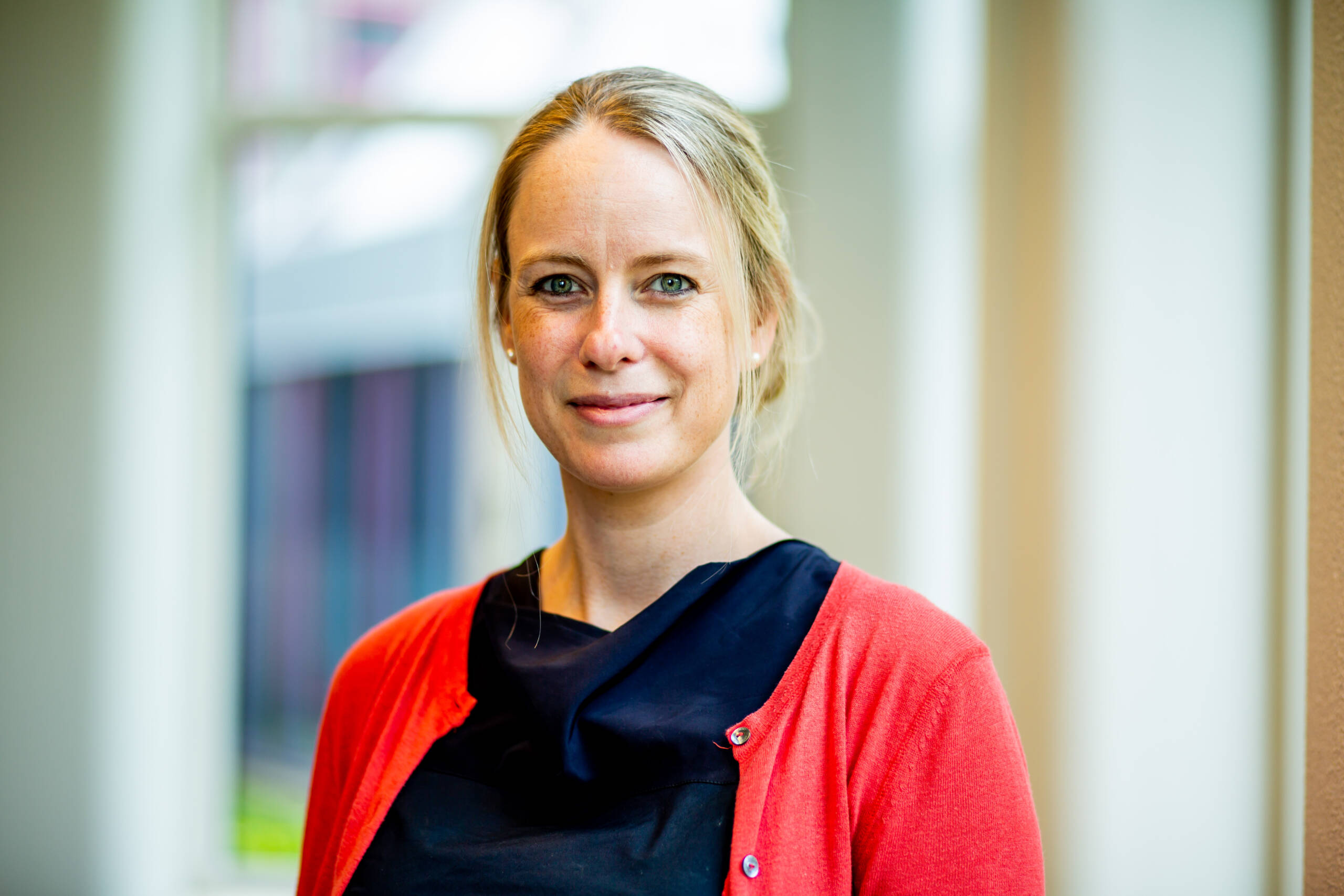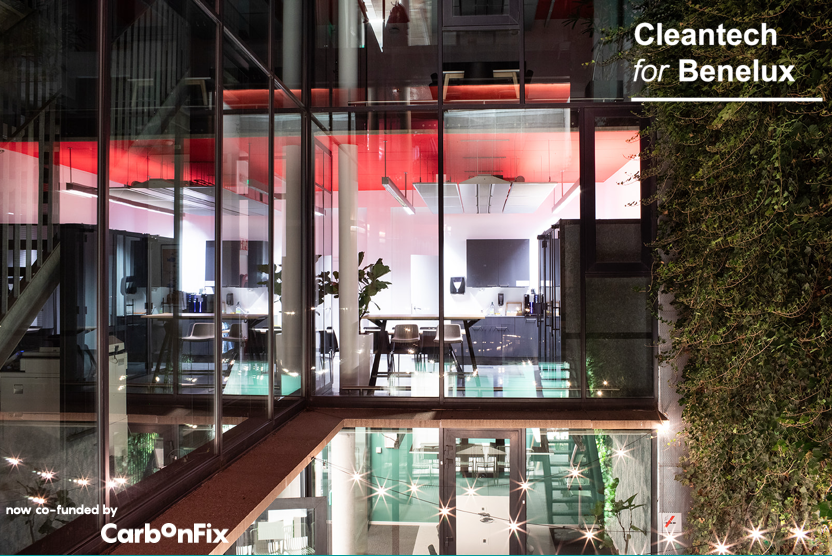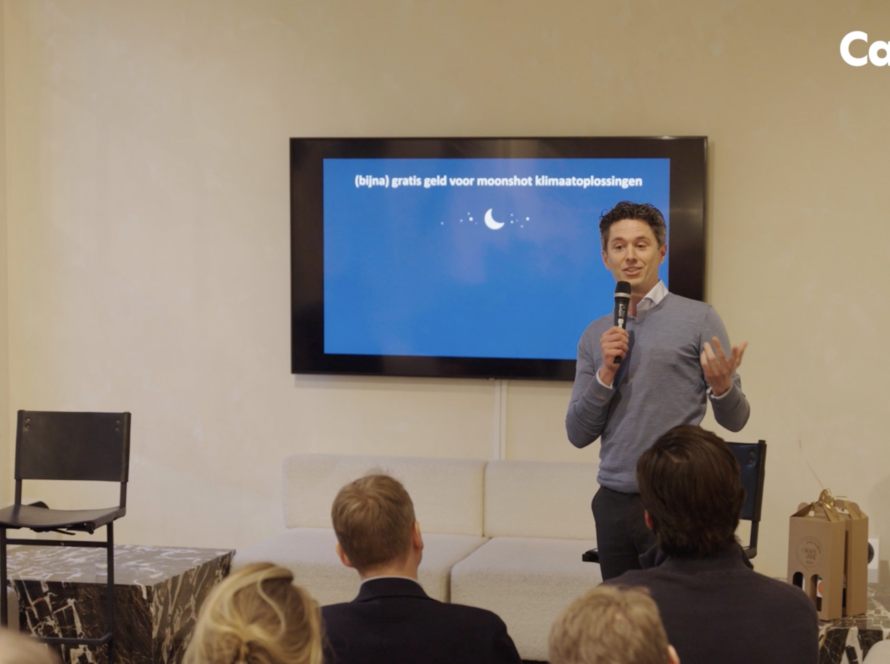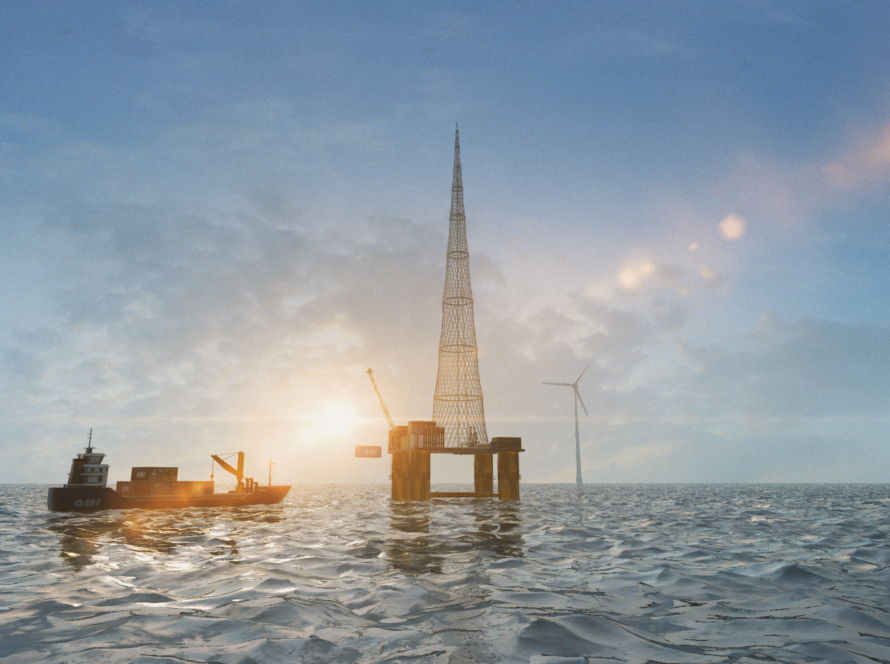The Benelux is our Sandbox: an interview with Sacha Muller (Cleantech For Benelux)
Cleantech refers to new technology and related business models offering competitive returns for investors and customers while providing solutions to global challenges. What topics are you mainly tackling with Cleantech for Benelux to make cleantech more prevalent?
“We’re focusing on three major obstacles that prevent cleantech solutions from scaling: market access, funding, and user uptake.
Market access is about the ‘right to play’ – ensuring innovative companies can actually participate in the market. Right now, they often hit barriers before they can even get started, like complicated permit processes or high energy costs for production.
For funding, think about how we can ensure investors (governments, funds, institutional investors or private individuals) can jump in earlier and more easily with existing cleantech solutions. And for user uptake consider the following. A cleantech solution is often a bit more expensive. Some call this a green premium. But actually, I prefer to talk about the “grey bonus” of existing industrial solutions. Because with many fossil, or otherwise established solutions, the actual costs (or externalities) aren’t factored in the final price.
In our view, governments have a huge role to play by purchasing cleantech themselves, guaranteeing revenue for the new technology and helping them scale. For example, when building a bridge or highway: public procurement should require the use of green cement and green steel. That’s the kind of thing we will advocate for.”
Can you talk more about the day to day work you will do?
“One of our key focus areas is legal simplification. If you want to scale within Europe and need to establish a new legal entity in each country, that seriously slows you down. Now, the EU is aiming for an ‘EU Inc.’ – a single legal entity – but we’re nowhere near that yet. Because that means aligning 27 different systems with the same VAT, types of legal structures, labor laws, and so on. That’s going to take forever.
The cool thing is that the Benelux union is a separate institution that can move faster than the EU – and has been doing so for eighty years already! Since the Benelux also sits in the Council of the EU, new policies for cleantech that prove themselves within the Benelux can immediately serve as a blueprint for the entire EU. So we’re working on legal simplification for clean industry at the Benelux level to make things faster and fairer at the EU level.”
You also mentioned user uptake as an obstacle?
“Take bioplastics, for instance: existing factories need to be converted to produce them. Who dares to take that first step for those investments? If a government says: we guarantee we’ll buy from you in the coming years, investments like those become much easier.
Or think about green steel. That needs to be used in existing industrial applications.You would need an existing factory for that. So you need both cleantech for the new benchmark and the existing industry to provide scale for those new technologies. That’s where both types of players are needed. And that’s why we advocate for solutions, not against the existing industry.”
How do we know you are supporting the real frontrunners? How do companies qualify for your support?
“Our due diligence process is very strict. We thoroughly investigate whether a company is truly a sustainable frontrunner that raises the bar for an entire industry. We only support companies that offer a real breakthrough that’s ‘game changing.’ And they must be fully focused on achieving net-zero goals and be demonstrably sustainable leaders. And this is needed, because there are tens of thousands of lobbyists in Brussels defending vested interests.”
Tens of thousands… Why do we who strive for climate solutions have so little lobbying power and “they” have so much?
“Because established companies often think they have something to lose. When you’ve got something to lose, you fight harder to prevent that. And partly, that’s understandable. Major investments are usually needed to adjust a business model to a new model. Or to a model where all the externalities are factored in. That’s that “grey” bonus. From their perspective it’s easy to think: why change that, right? You’ll have shareholders saying: ‘Well, as long as the law allows it, we have no choice but to keep making money from the old model for as long as possible.’ So they hire lobbyists to hold onto what they have.”
Can you tell us more about the sandbox? Why do you think it could be a fast track to EU-wide adoption, given the historical resistance to regulatory harmonization in Brussels?
“Yes, it takes ages to get 27 countries on board, it’s complex stuff. But we’re simplifying on two fronts: we work within existing Benelux initiatives, the Benelux Union is already a frontrunner in terms of harmonization. So we can take necessary steps faster. When we do something new here, you immediately do it for three countries. And secondly: success becomes a blueprint for the 27 countries so the EU can then move faster.”
With all the challenges we face, how do you stay optimistic?
“Optimism is my default mode. I’m seeing more and more signs that this can really work. Secondly: the EU, even at the highest levels, truly sees this as an opportunity to generate something new for the future. And it’s just such a privilege to constantly talk with people who have figured out solutions and work hard on that. That’s where I see hope emerging. Many of the technologies needed really are here!”
What would you want people outside the climate space to know that people inside it already know?
“I’d want everyone to know that there are fantastic solutions out there, but that doesn’t let us off the hook from being more careful with our planet. And remember: there’s hope. There’s very frequently a business case, a win-win situation for competitiveness and the climate. We can solve this together.”
*.*
Interested in more founders’ stories? Subscribe to our newsletter.
Interested in regular CarbonFix updates? Connect on LinkedIn.





